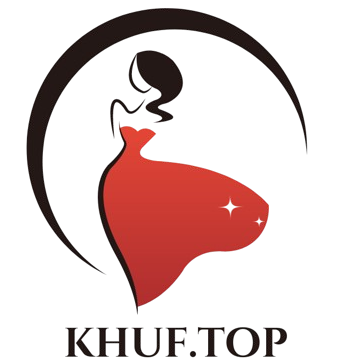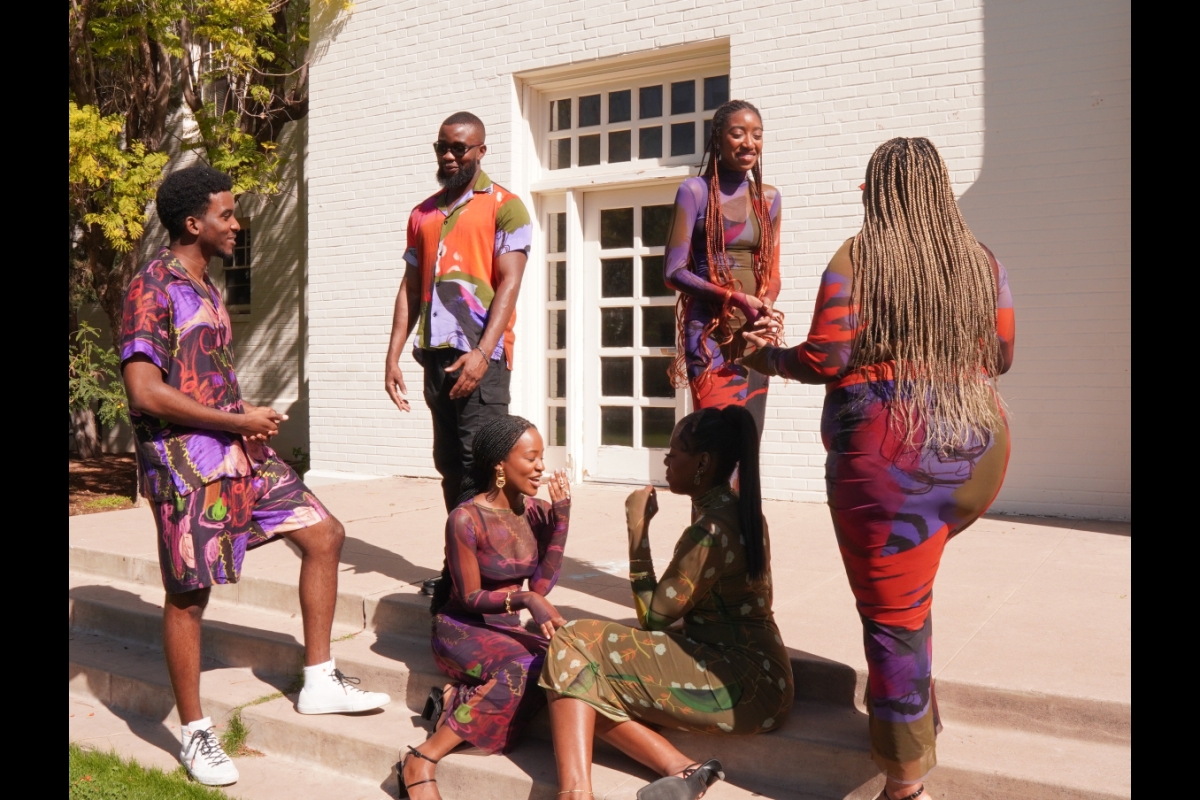Graduate student Uzoma Ndulue lately emerged as one of the three large-prize finalists at the yearly Demo Day, hosted by ASU’s Venture Devils, owing to her victory in combining a passion for fashion with professional design skills.
Out of 73 optimistic ventures pitched to more than 300 in- person and online attendees, the business style graduate student won $25, 000 to maintain funding her fashion line, “Good Road Collection.”
“With this wealth, I’ll be able to get more corporate with my sales strategy and reach a wider audience”, Ndulue says.
She discusses how she designed her style line into her studies, the connection between business design and fashion, and offers tips for those who want to compete in demo days.
Query: How did you first become interested in commercial style?
Answer: Education has always been a major concern in my home, so I knew I had finally pursue a master’s degree. Nevertheless, I had to pick a niche that would not only give me practical skills for the corporate world but even my emotions. So I began to think about how to use pattern and how to use it.
I rather applied to the architecture program because I was immediately unfamiliar with commercial design. Right before starting the software, I came across an interview with a foot artist, who mentioned studying professional design. It quickly caught my attention. I did some research into professional design, and it all came together. Everything started to make sense once I switched to the professional design software.
Q: How do professional design and style connect?
A: My understanding of business design is that it encompasses the design of all products and can be applied to anything that can be used for commercial purposes. Industrial style is not clothing design, per se. However, the skills you acquire from the professional design process, which range from conception to conception, research, and prototyping, are important for any project.
… My theater work this trimester focused on style. My teacher and I were considering expanding the business design program to include a curricula that is more inclusive of people’s industry preferences, like those in fashion or marketing, after finishing this project. The concept is to apply what you learn about professional design to the specific field you want to work in.
I have power and, in some ways, an advantage because of using that commercial design method for fashion. I’m now focusing on what people need and being purposeful from the beginning while using an industrial design standpoint to design things. At the end of the day, both of these areas are all about creativity and bringing concepts to living from your mind.
Q: How did you hear about Demo Day?
A: I first learned about Venture Devils at the start of the semester at an event that our program director, Luis Angarita, had planned for professional designers. Angarita collaborated with Venture Devils associates to create a presentation that explained what Venture Devils is all about, who was available ( all students, faculty, students, and personnel are qualified ), the application deadlines, and urged people to participate.
Since I already had a clothing manufacturer established before I started college and I am an international pupil, I was confused about applying. Being an global pupil, I may not have the same possibilities as I do. I wanted to make sure my job would be accepted before going through the implementation process. So I reached out to the two previous members and asked them my queries while also showing them my clothing company. They assured me that applicants from other countries may apply, and they encouraged me to proceed with my application.
The complete program procedure took about a month to complete. Throughout this day, I received huge assistance from Angarita, Craig Hedges, John Takamura and people. They gave me every move, answered any questions I had, and gave me every bit of support.
Q: What inspired you to do a trend collection?
A: I had never thought about making garments, I really enjoyed standard art, like artwork, as a hobby. But, after graduating with my academic education, I wanted to move into the creative business more. Although I’m not entirely sure how or why, the idea of combining my standard art and fashion has unexpectedly piqued my interest. I frequently saw people wearing materials and other garments with my patterns on them.
When I returned home to Nigeria, knowing I’d be there for at least a month, I thought to myself, why not just go for it and start this process? Because I enjoy doing things well, it felt really difficult to do this. Before starting, I shifted my attitude to see this as an experiment, thinking let’s see what happens. I created a few examples, found a company, and before I knew it — mass production was live! My designs were available online just like that when I worked with a tailor to turn my fabric into wearables.
Q: What are your plans for the prize money?
A: I want to start producing my second collection with the prize money. I’ve already received samples and design drawings, but I’ve been putting off making because I lack the funds. But now, after receiving the funding, I’m ready to start the process.
A portion of the money will also be used to increase the stock for my first collection. The remainder will be used for marketing initiatives. I’m planning to really push the brand’s presence on digital platforms. Before this win, my sales were primarily through in- person events or exhibitions.
Q: If other design students aren’t sure whether to compete in contests like Demo Day, what advice would you give them?
A: You owe it to yourself to try something at least once, which is one of the main things I learned from this last academic year. We frequently resist trying something new out of a pity for failure. However, you must be willing to step outside of your comfort zone and accept that you don’t have all the answers.
When I first launched my fashion line, I had no prior experience with the fashion sector. Only recently have things started to start to come together more slowly for me. I partnered with others who had expertise in the areas I needed assistance and used the skills I already knew to be. The key is to simply go for it and follow your own instructions. It’s ok if you fail, at least you did something.







